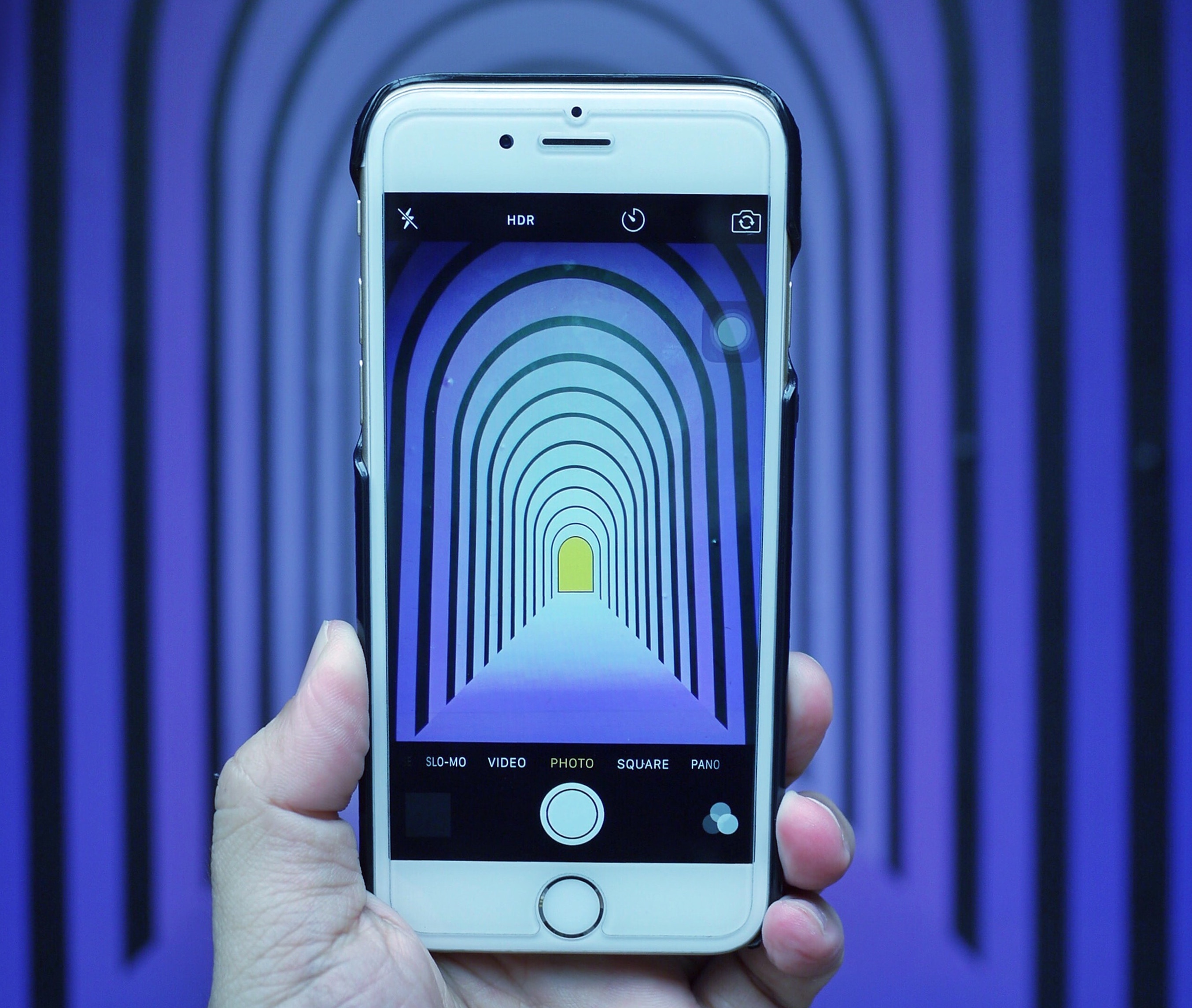Last May, Nancy Pelosi appeared on a video slurring her words during a speech at the Center for American Progress. Although she sounded drunk, she wasn’t—the video was distorted and had been slowed down. As with Pelosi, thousands of other videos online are the result of video editing skills. They are fake, but it is almost impossible to perceive the difference. These techniques bring countless dangers to readers close to election dates—mostly, misinformation. However, they are proving to be useful for another field—entertainment.

In the upcoming movie “Gemini Man,” to be released on October 11th, director Ang Lee creates a computer-animated version of 23-year old Will Smith. The film features two versions of Smith at the same time, a guy in his twenties and his actual self in his fifties. However, it’s almost impossible to tell who’s the real person. The team analyzed Smith’s skin structure and took images from his old movies and shows, such as “The Fresh Prince of Bel-Air.” That way, they were able to reconstruct Will Smith when he was 23-years old, and he looks utterly real.
“Gemini Man” and its implications have stirred Hollywood. Through facial reconstruction, dead movie stars could be resurrected, actors could become disposable, and Hollywood could be reduced to graphic designers and tech experts. Of course, none of this has come to pass yet. The technology is too expensive and facial expressions are tough to imitate—films need actors. Lee’s creation is undoubtedly good news.
However, its use poses a dilemma. While deepfakes may be profitable for the entertainment field, they are certainly detrimental for the “real” world, where citizens watch the news and make decisions based on them. So, how should these techniques be used? As their use can be both beneficial (if it’s fiction) or detrimental (if it’s non-fiction,) should social media giants try and regulate them?
Facebook is testing the waters by developing new technology instead of regulating the platform. The tech company has recently announced it will launch a competition to identify computer-altered videos, called Deep Fake Detection Challenge. Politicians in Washington DC have praised the initiative in which Facebook will invest $10 million. Facebook will create realistic data sets with videos imitating real life, and contenders will have to develop detection codes to distinguish truth from false. We have yet to see whether the competition will prove useful. Still, Facebook has decided not to pursue any other type of platform regulation. The social media company did not delete Pelosi’s fake video, as it did not violate any specific rule.
As technology advances, one must wonder what the role of rules, norms, laws, and companies is in terms of helping citizens get truthful information. But we must also wonder where the limits of free speech are. Deepfakes are great for entertainment and fiction. They are the future of Hollywood and of our daily leisure times. However, they remain terrible for news, spreading misinformation, and thus altering democracy.
In a survey conducted by Pew Research Center, more than half of the respondents said the creation and spread of false news need to be stopped as it harms the nation. There have always been fakes, sensationalist press, and tabloid newspapers. But today’s advancements allow them to look more plausible than ever, the content follows you around all day and is shared by friends and family online. What’s funny is that we tend to think we can tell the difference.
With the release of “Gemini Man,” we are left to wonder if we are as smart as we think—can anyone guess who the real Will Smith is? In the same way, we can’t know (unless we fact-check) whether Pelosi slurred or she didn’t. Maybe tech companies, the government, and even Hollywood should think twice about the implications of deepfakes.
Watch the trailer of “Gemini Man:”



very helpfull information… thanks
Kimetsu no Yaiba Sub Indo
¡Tiene toda la razón, señor! Necesitan pensar más en deepfakes. Según los videos de CNN Deepfake en línea saltó 84% en menos de un año.
Fake news has been happening ever since news began reporting…. its just only getting alot worse these days
This IS Awesome man Thanks For Sharing
You’re absolutely right, sir! They need to think more about deepfakes. According to CNN Deepfake videos online jumped 84% in less than a year.